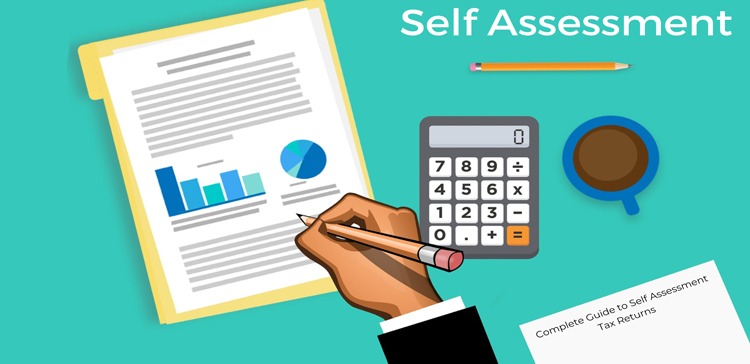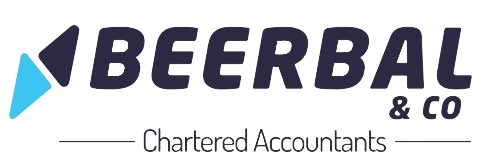
Are you new to filing Self Assessment tax returns? If so, you’ve come to the right place!
What is Self Assessment?
Self Assessment is the process of completing and submitting a tax returns to the UK government. It is required by all individuals in the UK who are self-employed, owns a business, or receive income from sources other than employment. The purpose of Self Assessment is to ensure that everyone pays their fair share of taxes on all types of income.
How does it work?
The Self Assessment process begins with an individual completing a tax returns form. This form requires information on all sources of income, including any benefits received, savings interest earned, and profits from investments or businesses owned. It also requires details of any allowable expenses which can be deducted from taxable income, such as business costs and charitable donations. Once this form has been completed and submitted to HM Revenue & Customs (HMRC), they will assess it and either accept or reject it based on its accuracy and completeness.
If accepted, HMRC will send an assessment notice detailing how much tax needs to be paid by the individual for that financial year. This is known as your ‘self assessment liability’. At this point, you have the option to pay your entire liability at once or set up regular payments throughout the year via direct debit or online banking systems such as GIRO or BACS. You may also be able to spread your payments over several years if you cannot afford the full amount upfront.
Once your payment has been made in full, you should receive a statement from HMRC confirming that you have settled your self assessment liability for that particular year and provide you with a unique reference number for future use when dealing with HMRC. If you disagree with any part of your assessment notice then you can submit an appeal within 30 days of receiving it in writing via post or fax, or online through their website.
Do I need to submit a Self Assessment tax returns?
Self assessment is a form of taxation used by the UK government. It requires individuals and businesses to calculate their own taxes based on their income and other financial transactions during the tax year. Depending on your circumstances, you may be required to submit a self assessment tax return to pay any outstanding taxes due.
If you are employed with an employer or pension provider who deducts taxes from your salary or pension payments, then you will not typically need to submit a self assessment tax returns unless HMRC has requested it. However, if you are self-employed, have rental income, or receive untaxed income such as tips or commission, then it is likely you will be required to file a self-assessment tax return. If this applies to you, then HMRC will send you an annual letter known as a ‘Notice To Complete A Tax Return’ which will confirm that you must file a return for that year.
In addition to this, there are various other situations where submitting a self-assessment tax return may be necessary. This includes if your business turnover exceeds £85k; if you have disposed of assets such as property or shares; if you have made profits from overseas; or if your income exceeds £100k before deductions (after 6 April 2016).
How do I register for Self Assessment?
Registering for Self Assessment is a relatively straightforward process.
Firstly, you’ll need to register on the HMRC website, which can be done through the Government Gateway. The registration process typically takes about 10 minutes and requires your name, address, National Insurance number, and other personal details.
- Once registered, you will receive an activation code in the post within 7-10 days. This code must be entered into the HMRC website to complete the registration process. You’ll then be asked to create a unique User ID and password for accessing your account online.
- You can then log in to your account at any time to view your tax information, submit a tax returns or make payments towards any outstanding amounts due. You must keep your user ID and password secure as this will be used each time you log into your account.
Another way of registering for Self Assessment is by calling the HMRC contact center. The customer service representative will guide you through the registration process and provide you with all of the necessary information along with advice on how to go about completing a Self Assessment Tax Return correctly.
- Share this post
